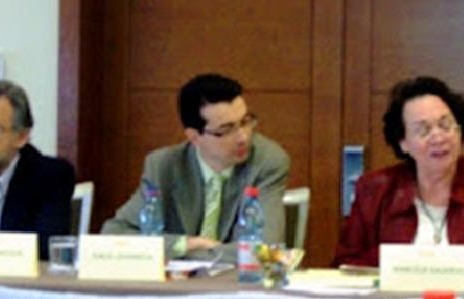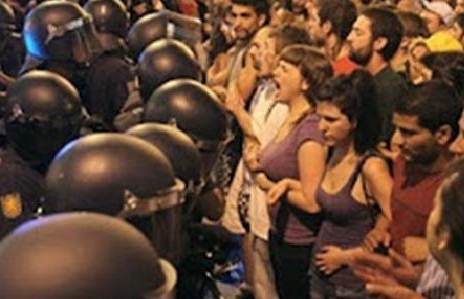Chinese Reactions to the Brazil Protests
Protests in Brazil are currently the focus of discussion and debate within Chinese government institutions.
In response to a PBS article citing Inter-American Dialogue Senior Fellow Genaro Arriagada, PREAL co-director Jeffrey Puryear discusses the student protests in Chile.
A core issue of the protests is certainly the unequal character of Chile’s education system, which Genaro Arriagada expresses nicely: “Education is very segregated, from your birth until you become a professional.” It’s worth noting, however, that Arriagada’s characterization is true for virtually all of Latin America, and Chile is far from being the worst offender. Indeed it has made real progress in reducing education gaps between the rich and the poor over the past decade. Expectations appear to be higher in Chile, however, and the government has responded ineptly.
It should also be noted that Chile is one of the few countries in Latin America that charges significant tuition in public universities (although it provides scholarships for the poor and loans for the rest). The students want all education to be free, but most analysts agree that free higher education for all is regressive, benefiting the richest 20% far more than the rest. This is because rich and upper-middle class students can pay for high-quality private primary and secondary schools that enable them to score high enough on the college admission test to get into the (highly selective) public universities – chiefly the University of Chile and the Catholic University. The poor must attend low-quality public primary and secondary schools that fail to prepare them to get into the best universities. Clearly, a major part of the equity problem begins well before entry into higher education, and the real challenge in Chile (and the rest of Latin America) is to provide the poor with high-quality primary and secondary education.
Links to further news and commentary on the protests:
Demandas estudiantiles, soberbia y descalificación ideológica, by Eduardo Bitran, El Mostrador
La estafa, by Eugenio Tironi, El Mercurio
Protesters Aim to Teach Chile Lessons, by Matt Moffett and Carolina Pica, The Wall Street Journal
Dinero y educación, by José Joaquín Brunner, El Mercurio
Protests in Brazil are currently the focus of discussion and debate within Chinese government institutions.
Unique lens into what those who know education policy best are saying about current trends in Latin America.
Protests in Chile are a consequence of social successes and failures in the country.

